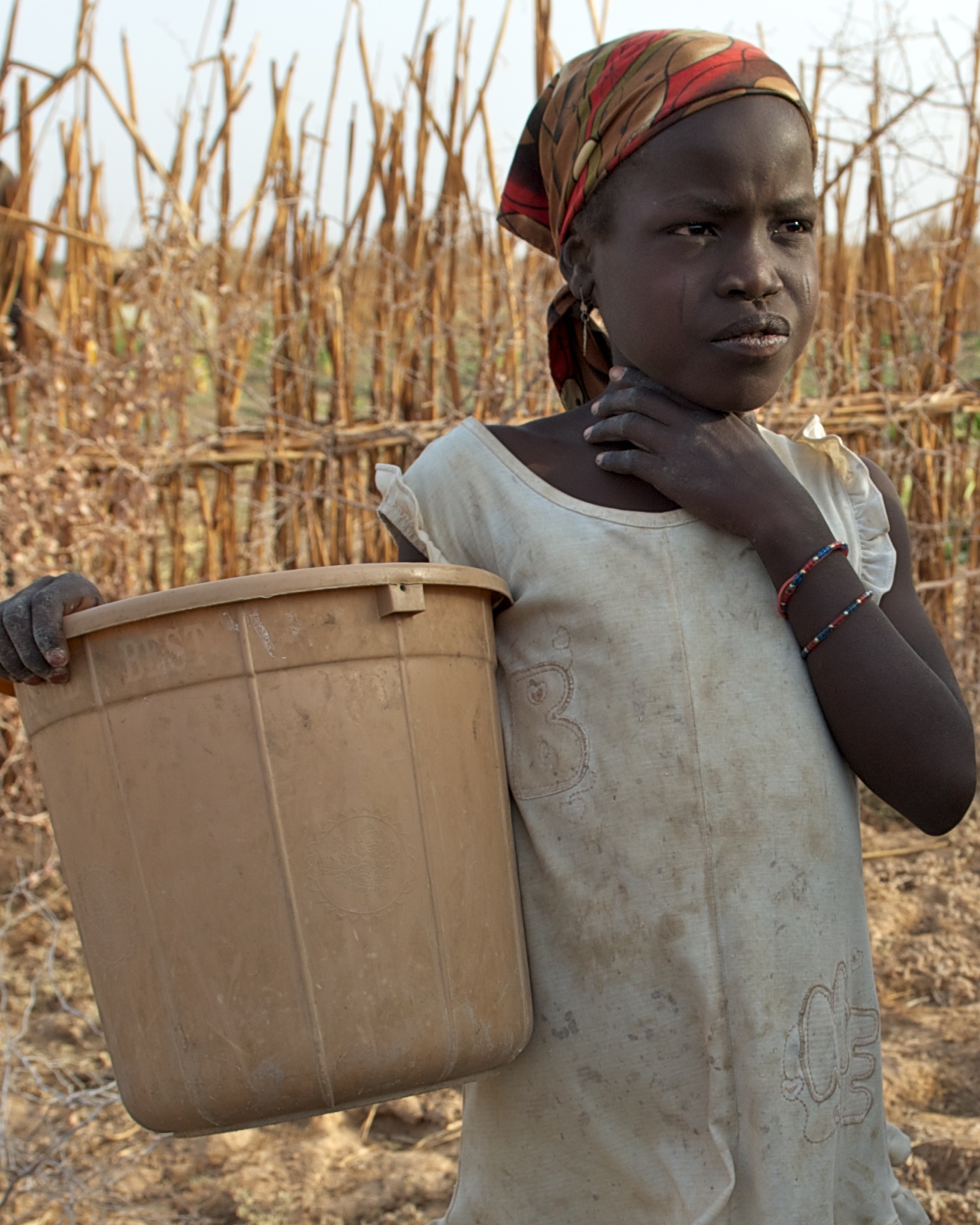By Kelsey Miller

Poverty in Africa has been a concern of the international community for a long time. For many years, governments, NGOs and global citizen’s energies centered around providing food, water, and shelter through the giving of monetary gifts or tangible products to help people survive. But, while providing access to these essential needs is important for many African communities, giving these things is not the solution for eradicating their poverty.
When any given aid runs out, those problems still exist and those on the receiving end are left in the exact same predicament. Thus, these communities become dependent upon the provisions given to them by the international community. When those who provided the aid see no tangible improvement in the lives of recipients, they can become disenchanted with their mission.
It takes a more comprehensive approach to providing aid to ensure lasting change in quality of life, or sustainability of any project designed to help people in the developing world. Accordingly, addressing structural inequalities and insecurities through aid relief, but with an emphasis on sustainable solutions, makes these countries independent from the developed world. In essence, sustainability means meeting the present needs of those in poverty but it also aims to create manageable processes of productivity, which will guarantee the ability of future generations to meet their own needs.
The mission and activities of Wells Bring Hope focus on not merely drilling wells but to ensure sustainability and create an atmosphere to promote long-term success on many levels. Niger, where WBH works exclusively, is the poorest country in the world and suffers from chronic water scarcity issues; 61% of rural residents have no access to clean water while 98% lack access to basic sanitation.
In sub-Saharan Africa, 80% of wells end up failing due to poor technology or construction, lack of rural community involvement and lack of follow up. To avoid such an outcome, Wells Bring Hope gives oversight of the wells to the community, but, only after it provides both the tools and knowledge for them to do that. By effectively addressing this one main component, i.e. water, it enables the people on their own to take control of their future.
In villages where there is no access to water, girls will often have to walk 4-6 miles a day to get water for their families. When a well was installed at the high school in the village of Simiri CEG, the lives of girls in particular were improved because they did not have to walk miles to retrieve water and thus could actually go school and become educated. In a country where few children go beyond primary school, the Simiri CEG students are now thriving due to access to water.
While giving money and tangible things like food can be a great short-term relief mechanism, sustainability creates conditions under which humans and nature can exist in productive harmony. As shown through Wells Bring Hope's success, this sustainable solution empowers villages in Niger to make greater strides in lifting themselves from poverty by fulfilling the social, economic and other requirements of present and future generations.


